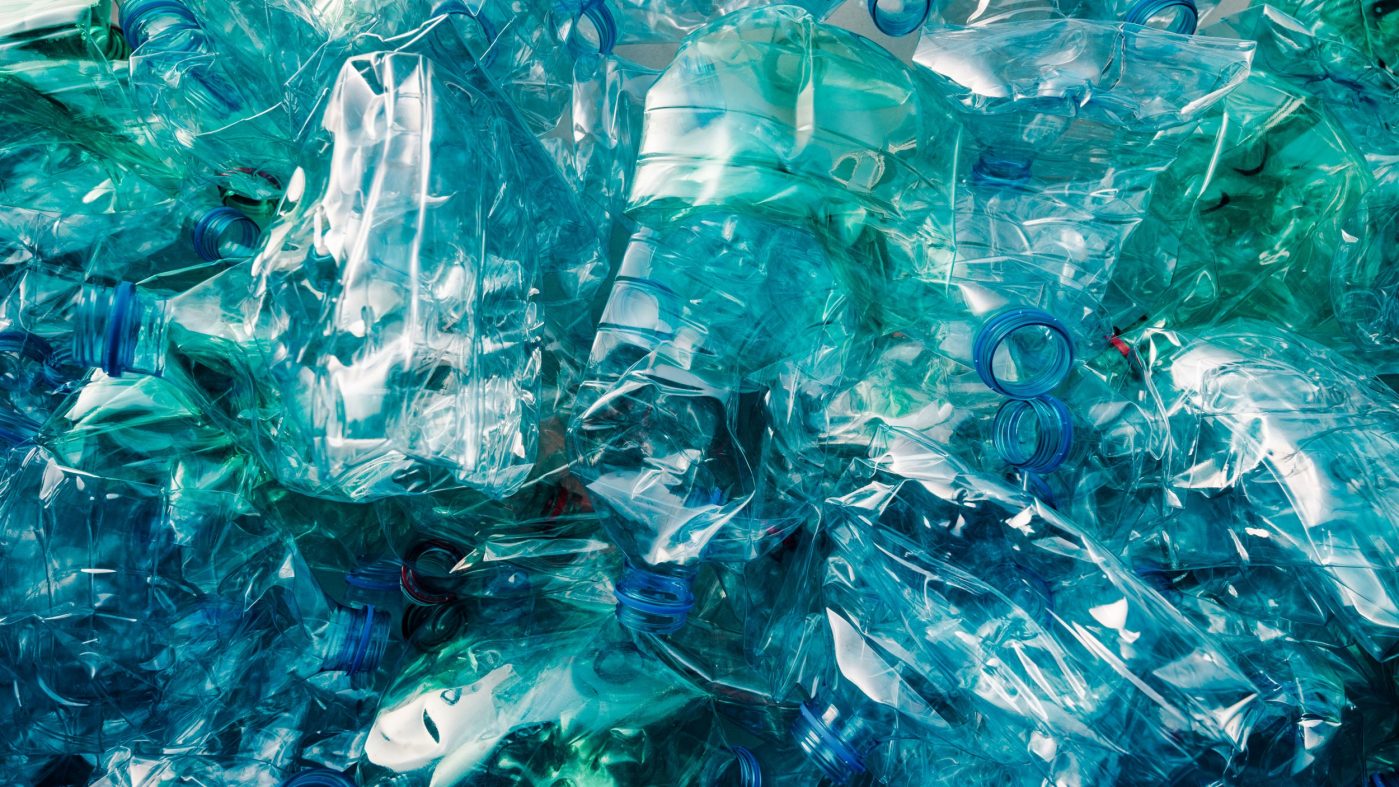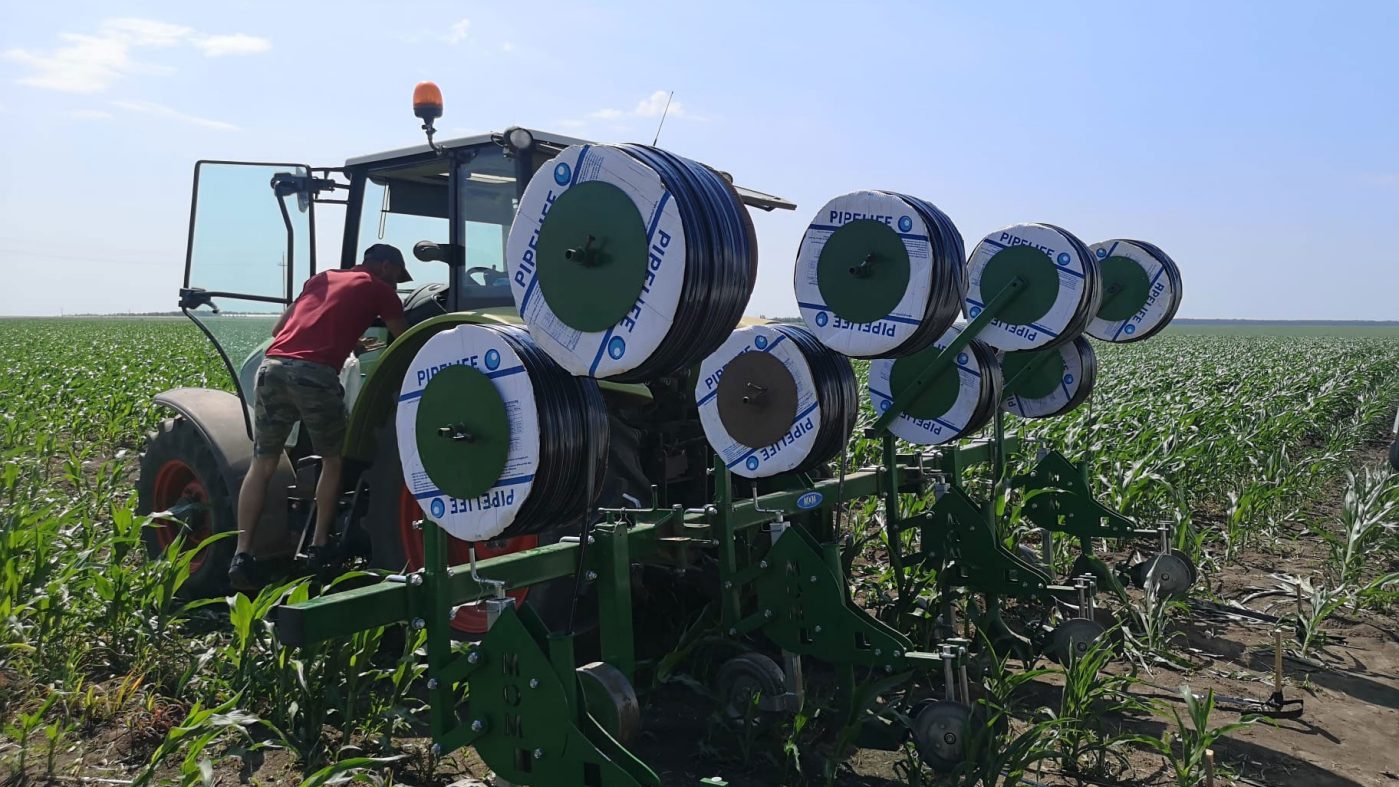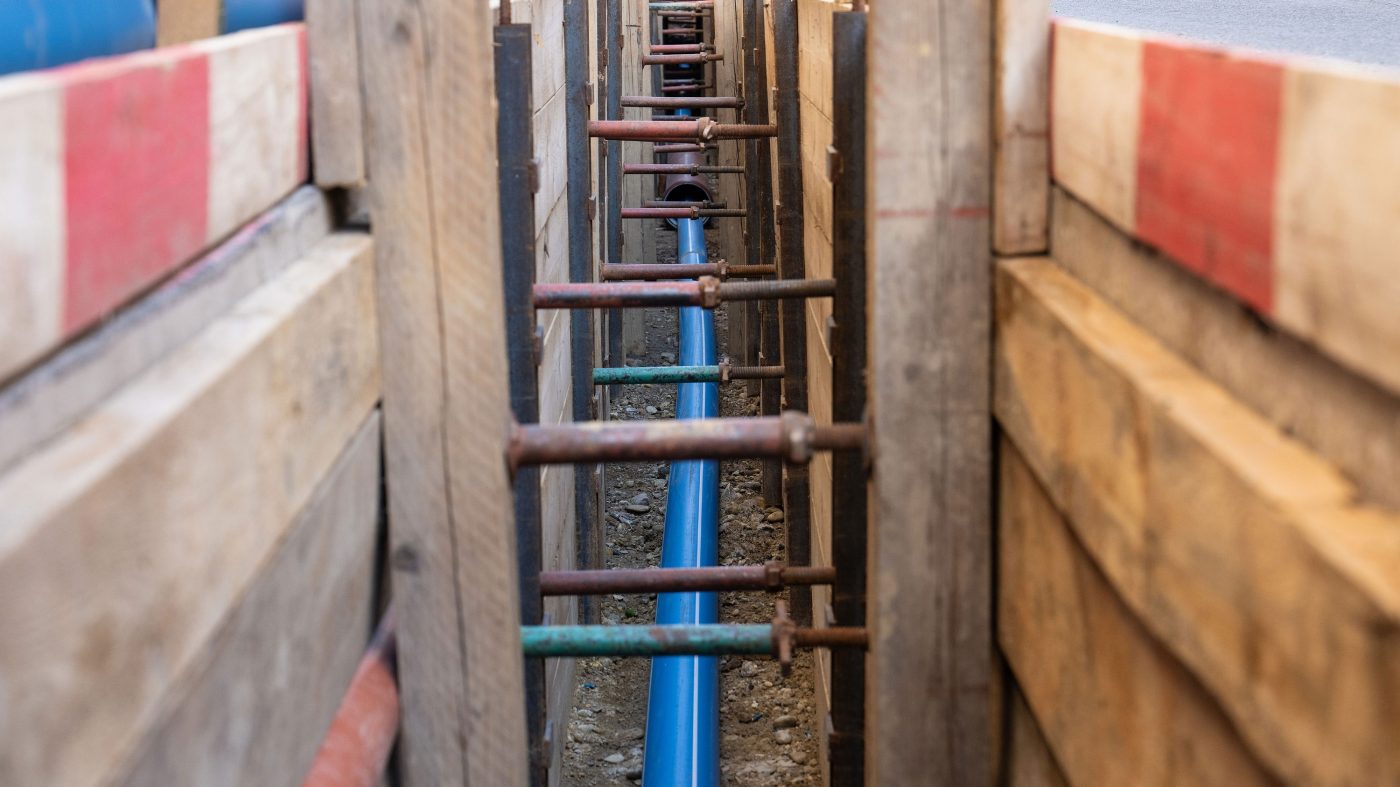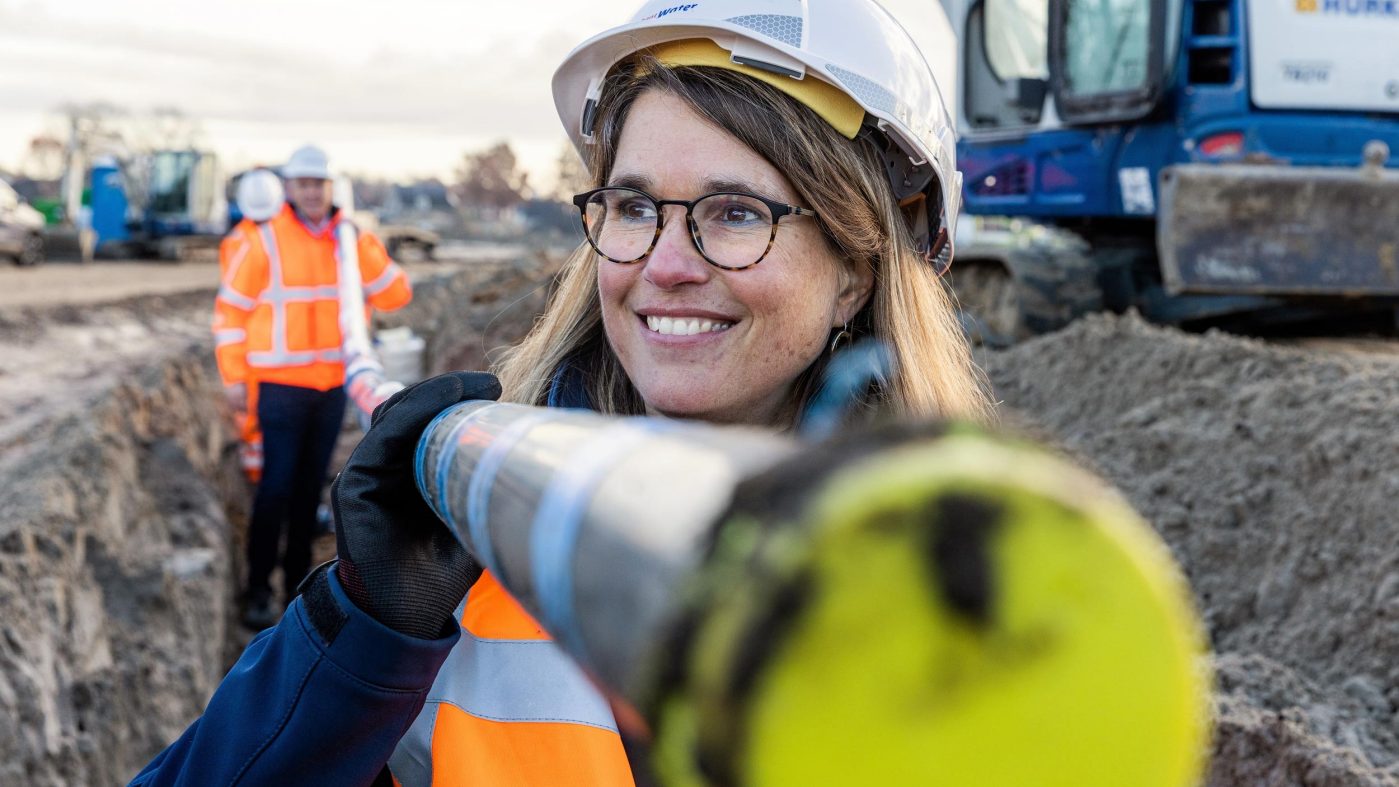 © wienerberger
© wienerberger
Rethinking Sustainability: How the Plastic Pipe Industry is revolutionizing the Circular Economy
The plastics industry is facing a profound transformation.
 © wienerberger
© wienerberger
The plastics industry is facing a profound transformation.
While plastics have been prized for decades for their versatility, durability and cost efficiency, there is growing societal and regulatory pressure to find more sustainable solutions. Plastic waste and environmental pollution have led to a critical debate about the use of plastics, especially for short-lived disposable products.
Nevertheless, plastic remains an indispensable material in many areas – from medical technology and packaging to the construction and infrastructure sectors. Durable plastic products, such as plastic pipes, play a crucial role here, functioning reliably for decades and often offering greater sustainability than their alternatives in many applications.
How are innovative recycling technologies and the development of hybrid materials paving the way to a more sustainable future at wienerberger? And why is it important to take a differentiated view of the potential of recycled plastics?
Over the past 25 years, the plastics industry has undergone significant changes: While the circular economy was not a major topic in the piping sector in the early years, it has always been an important topic for wienerberger. Over the last decade, its significance has grown considerably, further reinforcing wienerberger’s commitment to develop tailored solutions.
"Most plastic waste found in oceans and the environment comes from short-lived disposable consumer goods, and not from the piping industry, where products have a lifespan of over 100 years."
 © Bits And Splits/Adobe Stock
© Bits And Splits/Adobe Stock
Plastic pipe systems are widely recognized as durable, sustainable, and high-performing solutions for critical infrastructure, providing essential services to society. Therefore, a key challenge in promoting sustainability within the plastic pipe industry, including at wienerberger, is the long product lifespan of plastic pipes. Unlike single-use plastics, which are often the center of environmental debate, plastic pipes are designed to last up to 100 years making recycling technically feasible but logistically complex, as the earliest installed plastic pipes are only now approaching the end of their lifespan.
Over the years, the company has continuously increased its use of recycled materials. By 2024, an average of 96 kilograms of recycled plastic was used per ton of products produced. Our goal is to gradually raise this share over time.
Despite significant progress, challenges remain – such as technical limitations and customer skepticism regarding recycled materials. In the past, the reputation of recycled plastics suffered due to poor-quality materials, highlighting the need to rebuild confidence in their reliability.
At wienerberger, sustainability and quality go hand in hand. There is no trade-off between using recycling materials and maintaining high performance. A prime example is the Quantum Pipe, a three-layer pipe where the middle layer is made from recycled material. This innovative design leverages the best of both worlds: it reduces the carbon footprint while exceeding the quality standards.
 © Sebastian Streith
© Sebastian Streith
In addition, wienerberger developed rainwater-management-systems to protect against extreme weather events such as heavy rain and drought. The 100% recycled Stormbox E system, sold across Europe, not only supports the circular economy but also provides solutions for ecologically relevant challenges. The only difference to other Stormbox products is that the Stormbox E is made entirely from recycled material. Learn more here.
 © Pipelife Poland
© Pipelife Poland
Zoran Davidovski, Head of R&D and Sustainability for the Piping sector at wienerberger: “Our solutions allow for collection, retention, and reuse of stormwater, optimizing the usage of water for our agriculture to, most importantly, providing drinking water of the highest quality.”
“Our solutions allow for collection, retention, and reuse of stormwater, optimizing the usage of water for our agriculture to, most importantly, providing drinking water of the highest quality.”
To be able to produce recycled products, high quality recyclable material must be available.
"Recycling companies have become key players in industry discussions, given that the sector uses nearly 250,000 tons of recycled material annually."
Here, wienerberger’s piping business also shows engagement for the circular economy. With the Drip Line Collection and Recycling Service for Farmers in Eastern Europe, we created an opportunity to introduce a recycling approach to a seasonally used product. With that, drip irrigation pipes reenter the manufacturing chain and get a second life. Learn more here.
 © Pipelife Romania
© Pipelife Romania
Overall, an industry-wide collaboration is essential in enhancing recycling strategies and EU regulations. No single company can drive these changes alone. Sustainability initiatives include systematic environmental footprint assessments and efforts to increase plastic waste recovery.
Legal regulations also play a decisive role in shaping the industry. Current European standards prohibit the use of mechanically recycled materials in drinking water and pressure pipes to ensure the highest safety and quality standards. For this use case, wienerberger relies on advanced technologies such as chemical recycling, which allows for the production of high-quality raw materials that meet all regulatory requirements. In June 2024, wienerberger’s solution brand Pipelife, in collaboration with Borealis, installed drinking water pressure pipes in Austria’s capital, Vienna, using chemically recycled plastic that meets the same stringent safety and performance standards as new materials. Learn more here.
 © Image Industry/Erich Hussmann
© Image Industry/Erich Hussmann
Another milestone on the path toward a fossil-free infrastructure was achieved in late 2023 in the Netherlands: In the town of Oirschot, wienerberger installed the country’s first water supply pipeline made from bio-attributed PVC—PVC produced using renewable raw materials. The project, realized in close collaboration with the local utility Brabant Water, demonstrates how biobased materials can already be successfully applied in practice today, without compromising on quality, safety, or durability.
 © Pipelife
© Pipelife
Looking ahead, a significant increase in recycled material usage is expected, alongside the rise of hybrid materials combining virgin and recycled plastics, as well as advancements in chemical recycling. Sustainable plastic – whether in pipes or other wienerberger products – will remain an essential component of efficient infrastructure, supporting the circular economy without compromising quality or functionality.
Regarding future developments, mechanical recycling will continue to be the primary method due to its superior energy efficiency. At the same time, chemical recycling holds great potential for all applications—including non-pressure systems—once it is scaled up to industrial level and costs decrease. Currently, however, chemical recycling is the only viable solution for pressure pipe systems.